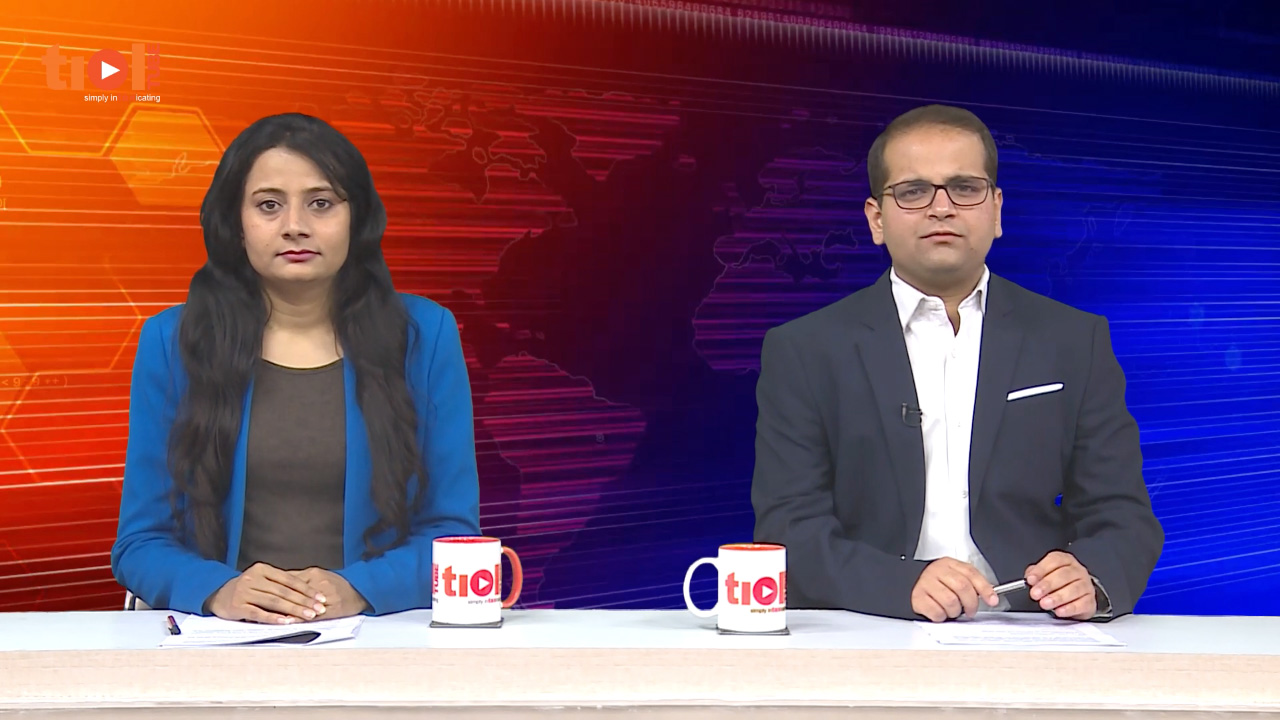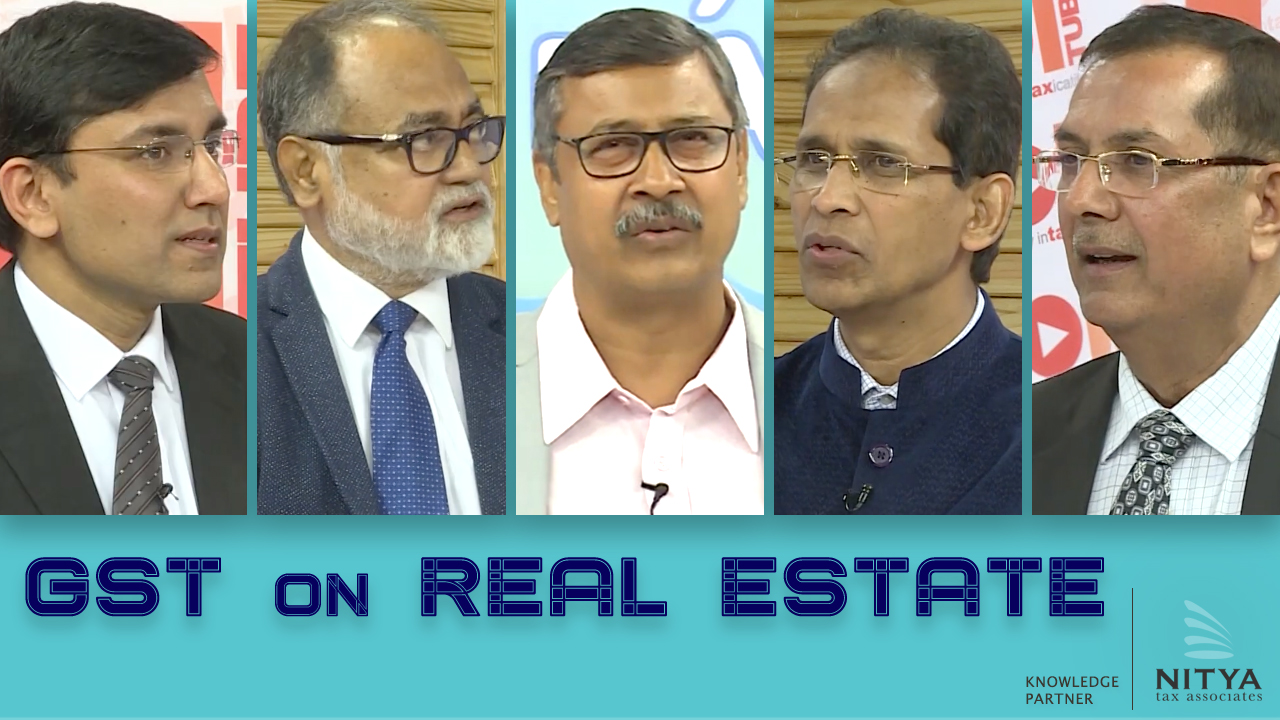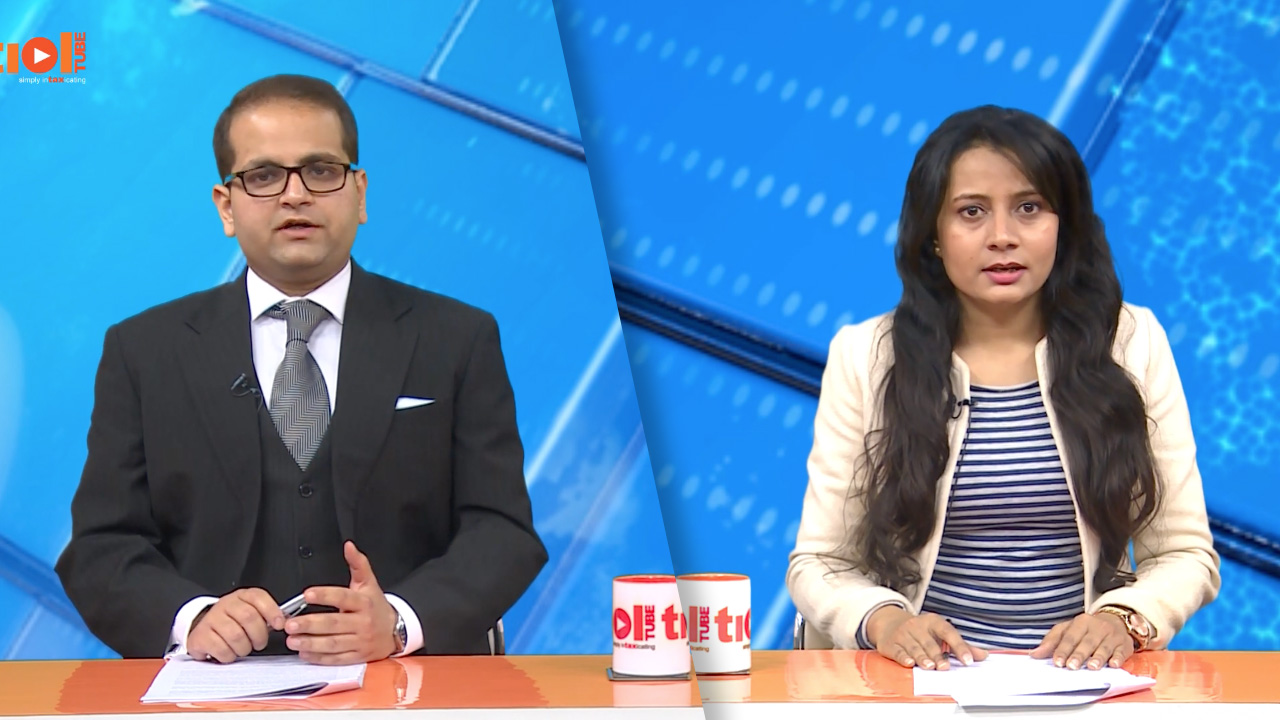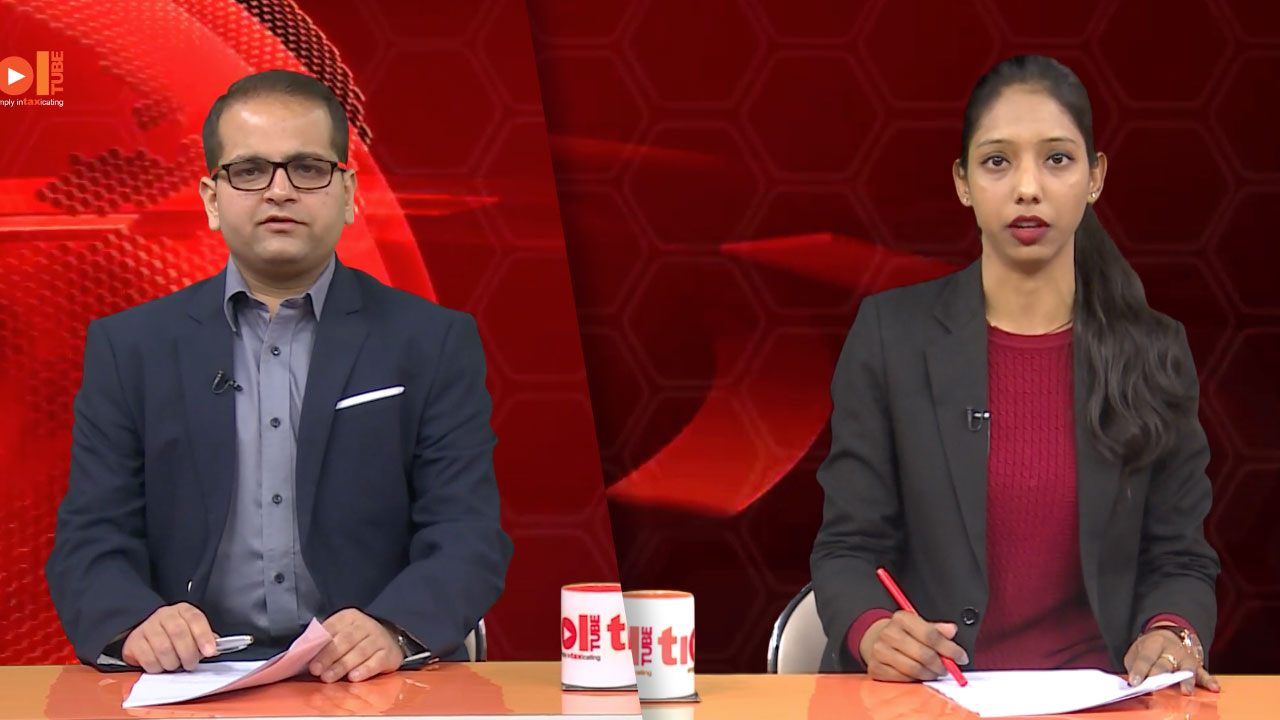|
SERVICE TAX 2019-TIOL-950-CESTAT-DEL
Hajee A P Bava And Company Vs CCE & ST
ST - The assessee is engaged in providing various services and had obtained service tax registration under category of "Erection, Commissioning or Installation" Service - They were regularly paying service tax and filing ST-3 return - During audit, it was observed that assessee was receiving certain payments in advance from customer to whom the services were to be rendered - Such advance received was adjusted in running bills - The revenue was of the view that in terms of amended provisions of Section 67 r/w Rule 6 of STR, 1994, the assessee was required to pay service tax on amounts received in advance within the time limit prescribed under Rule 6 ibid - This is second round of litigation before the Tribunal - During disputed period, assessee received certain advances from their customers for services to be provided - However, they did not discharge the service tax on amount of advance as and when received, before the due date - However, it is not disputed that they were discharging service tax as and when the service was billed - When the original decision of original authority on this controversy was examined by Tribunal in Final Order dated 09 January, 2013, direction was given to adjudicating authority for carrying out an exercise of reconciliation - After the conclusion of reconciliation exercise, the adjudicating authority has ordered payment of service tax in an amount of Rs. 1,36,58,701/- - This amount is in fact more than the amount of service tax demanded in SCN viz Rs. 83,48,183/- - Appeal can be decided on the plea of limitation - The original ST-3 return was filed on 25 April, 2008 and the revised return filed on 23 July, 2008 - These returns are filed for period October, 2007 to March, 2008 - The amount of advance received is included - It is noted that the amount of advance to the extent of Rs.6,64,41,935/- has been reflected in the revised return - In this case, the Tribunal examined the justification for allegation of suppression in respect of SCN issued on 27 July, 2009 demanding interest for period January, 2007 to March, 2008 - Revenue is not justified in alleging suppression for invoking the extended period of limitation after assessee has filed the revised return including the advances - Therefore, SCN is hit by limitation: CESTAT
- Appeal allowed: DELHI CESTAT
CENTRAL EXCISE
2019-TIOL-952-CESTAT-KOL
Commissioner of CGST & CX Vs Rashmi Metaliks Pvt Ltd
CX - The amount involved is below the monetary limit of Rs. 20 lakhs which has been notified vide instruction dated 11/07/2018 - The present case falls under exclusion Clause 3 (C) of National Litigation Policy introduced vide Board's Instruction dated 17.12.2015 which has been deleted vide Instruction F.No.390/Misc./116/2017-JC dated 04.04.2018 - Accordingly, the appeal is dismissed under litigation policy: CESTAT
- Appeal dismissed: KOLKATA CESTAT
2019-TIOL-951-CESTAT-DEL
Munnawar Ali Vs CCE
CX - The assessee is engaged in supply of various bought-out electrical items and accessories to various nodal agencies to provide electricity connection to below poverty line (BPL) households - They procured these items from various parties and supplied them to these nodal agencies in various combinations (BPL Kit) - Revenue entertained a view that the assessee is liable to Central Excise Duty on such BPL kits cleared by them to their clients - The Revenue seeks to classify the product cleared by assessee under tariff heading 85371000 - Samples were shown at the time of hearing - Assessee did not undertake any process in the form of assembling electrical components and accessories which will result in a new identifiable product having a different character or use - The goods cleared by assessee were generically called as 'BPL Kit' - It is apparent that the method of clearance is mandated by terms of agreement with their clients - There is no standard commercially identifiable item which is available for sale or purchase in the market - In other words, there is no 'BPL Kit' commercially known and marketed - The clearances made by assessee to the various clients as per their requirement are not any new manufactured product, commercially identifiable as 'BPL Kit' - The electrical components, MCB and kit-kat fuse mounted on the board do not lose their identity and assume a different character and use after such process - The MCB and kit-kat fuse are mounted on the board for their function as electrical components - The addition of these two on the board does not create a new commercially identifiable product - The Revenue did not produce any evidence or did not even assert that these are commercially known and marketed product - The mounted electrical components on the board does not make the board as an item for electric control or the distribution of electricity - The assessee have not manufactured any dutiable item attracting central excise levy during the material time - The impugned order is not sustainable in so far as it confirms certain duty liability on part of clearances on the assessee - By following the ratio laid down by Tribunal in case of M/s TGL Enterprises Pvt. Ltd. - 2018-TIOL-785-CESTAT-DEL , both the appeals filed by assessee are allowed: CESTAT
- Appeals allowed: DELHI CESTAT
CUSTOMS
NOTIFICATION
cnt30_2019
CBIC notifies Customs exchange rates for export & import purposes
CASE LAWS 2019-TIOL-748-HC-ALL-CUS
Dy.CC Vs Deepak Bajaj
Cus - The prosecution case is that the respondent, Deepak Bajaj, is a holder of British passport and he entered into India on 02.04.2014 from Nepal through Sonauli border - The officers of S.S.B. searched him and found 4320 gms of gold of foreign origin in his pockets of jeans, jacket and shoes - The gold recovered from him was confiscated on the ground of being gold of third country origin, import whereof was absolutely prohibited as per Notfn 09/1996 - Had the intention of respondent been fair, he would have taken the confiscated gold in his baggage and would have declared the same after reaching Nepal from U.K. at the Airport itself or at Sonauli border - Then benefit of Section 79 or 80 of Customs Act could have come to his rescue - The respondent never stated anything about his intention of declaration in his statement under Section 108 of Customs Act - While the award or refusal of compensation in a particular case may be within the Court's discretion, there exists a mandatory duty on the Court to apply its mind to the question in every criminal case - Application of mind to the question is best disclosed by recording reasons for awarding/refusing compensation - It is axiomatic that for any exercise involving application of mind, the Court ought to have the necessary material which it would evaluate to arrive at a fair and reasonable conclusion - It is also beyond dispute that the occasion to consider the question of award of compensation would logically arise only after the court records a conviction of the accused - Capacity of accused to pay which constitutes an important aspect of any order Under Sec. 357 Code of Criminal Procedure would involve a certain inquiry albeit summary unless of course the facts as emerging in the course of the trial are so clear that the court considers it unnecessary to do so - Such an inquiry can precede an order on sentence to enable the court to take a view, both on the question of sentence and compensation that it may in its wisdom decide to award to the victim or his/her family - Conviction of respondent is confirmed as per trial court's order - The Appellate court's order is set aside and the remaining sentence of two months required by the respondent to be served is converted into fine of Rs. 15,000/- - In case the respondent deposits the aforesaid fine along with fine of Rs. 75,000/-, if not already deposited as per judgment of the trial court, he shall be released forthwith and his bond and surety shall be discharged - In case of failure to deposit the fine he will undergo his remaining sentence: HC
- Appeal partly allowed: ALLAHABAD HIGH COURT
2019-TIOL-747-HC-MAD-CUS
Shanti International Vs CC
Cus - The petitioners sought a Mandamus for release of consignments and a further direction to the respondents to issue a 'Detention Certificate' for waiver of Demurrage and Container Detention Charges in terms of Regulation 6(1)(l) of Handling of Cargo in Customs Areas Regulations, 2009 - The identical issue has been considered in case of M/s.Royal Impex - 2019-TIOL-596-HC-MAD-CUS - The said order is applicable to the present case on all fours - The petitioners will remit the entire duty component of consignments imported by them in cases where such duty is leviable along with a bank guarantee for the 10% of invoice value - In cases where the duty impact is neutral, the petitioners shall furnish a bank guarantee for the 10% of the invoice value - Upon satisfaction of aforesaid conditions, the consignments shall be released forthwith - The authorities are at liberty to initiate proceedings in respect of transactions in question and if done, petitioners shall appear, be heard and file their submissions pursuant to which orders shall be passed by authorities in accordance with law - The petitioners have also prayed for waiver of demurrage charges incurred in respect of detained consignments - In the light of Rule 6(l) of Handling of Cargo in Customs Areas Regulations, 2009, which provides that Customs Cargo Provider shall not, subject to any other law for the time being in force, charge any rent or demurrage on the goods seized or detained or confiscated by the Superintendent of Customs or Appraiser or Inspector of Customs or Preventive officer or examining officer, as the case may be, there shall be a waiver of demurrage charges: HC
- Writ Petitions disposed of: MADRAS HIGH COURT |
|








